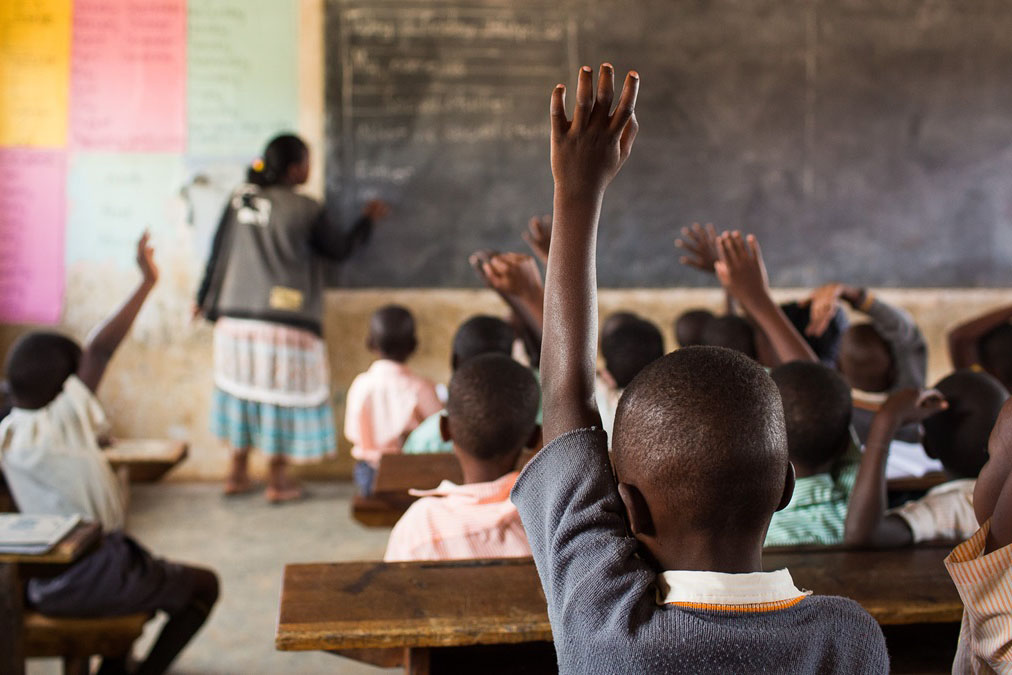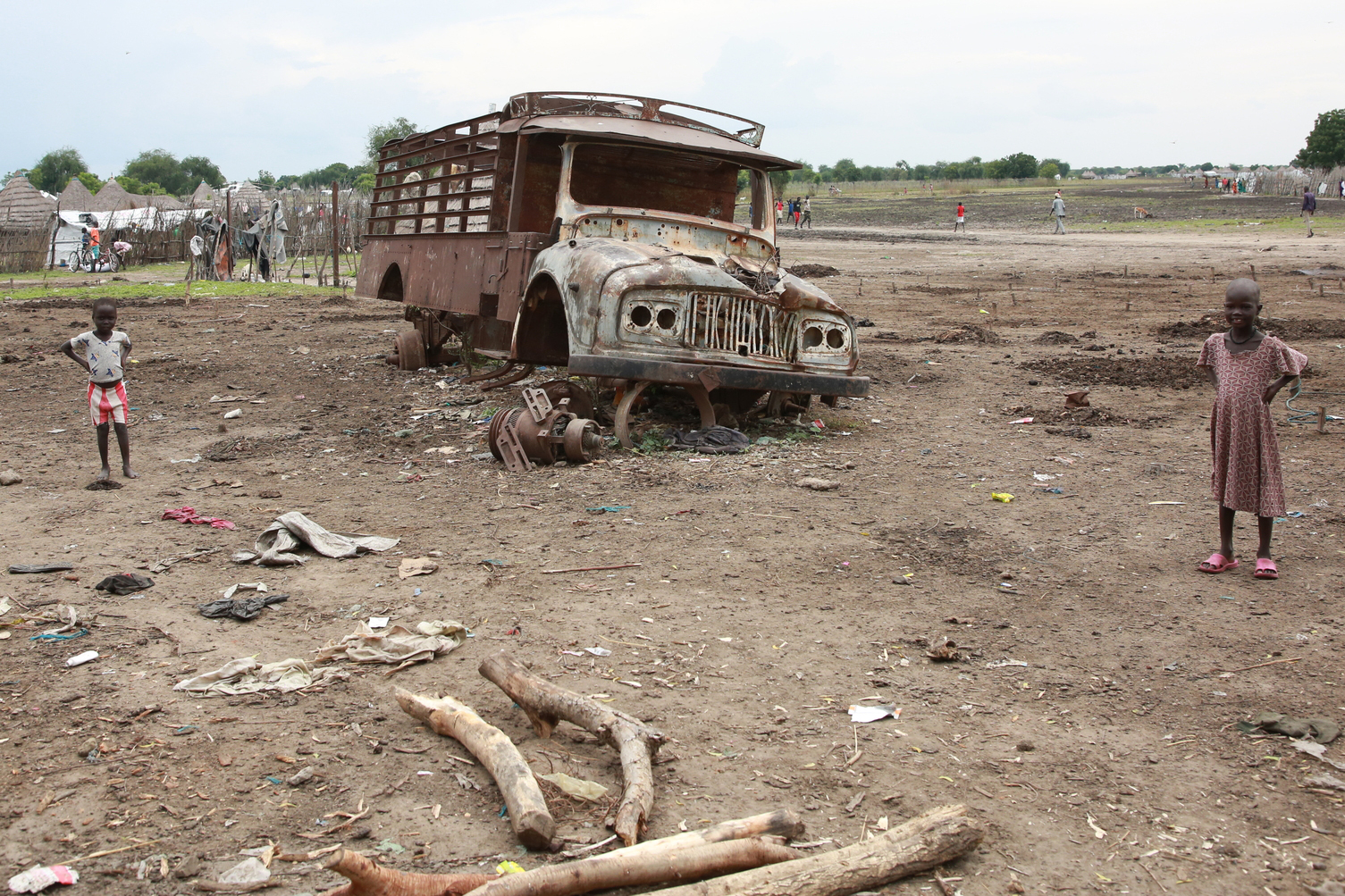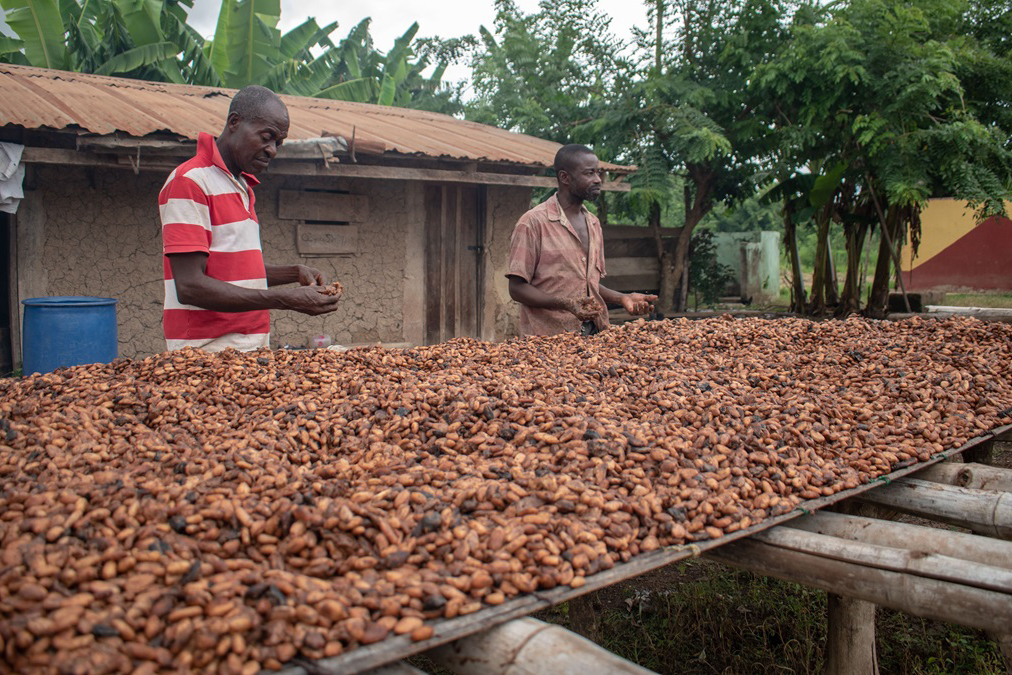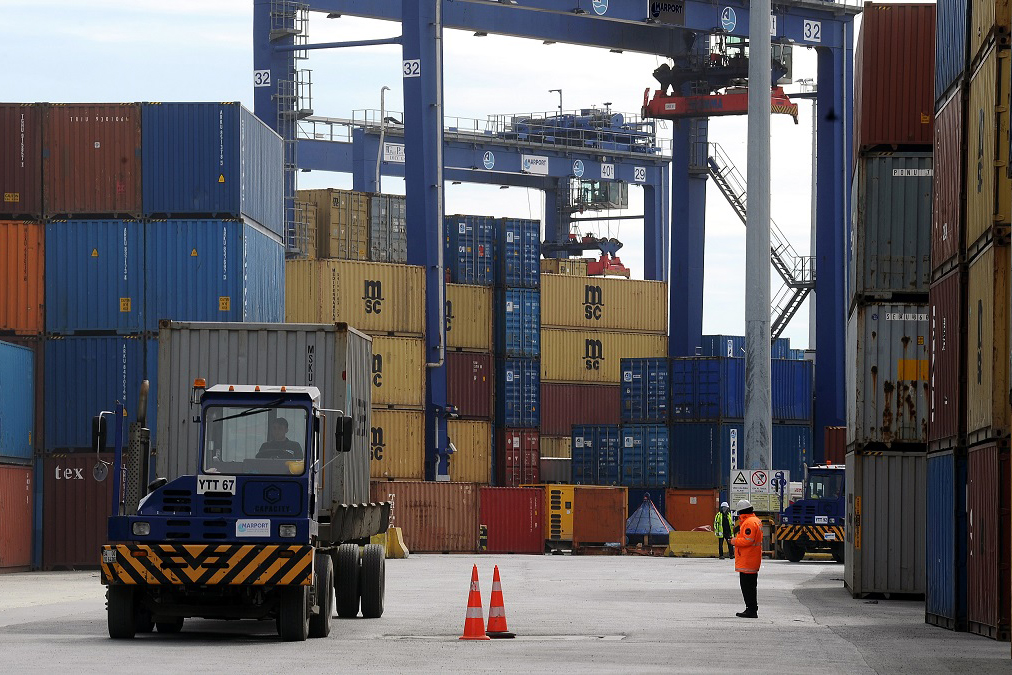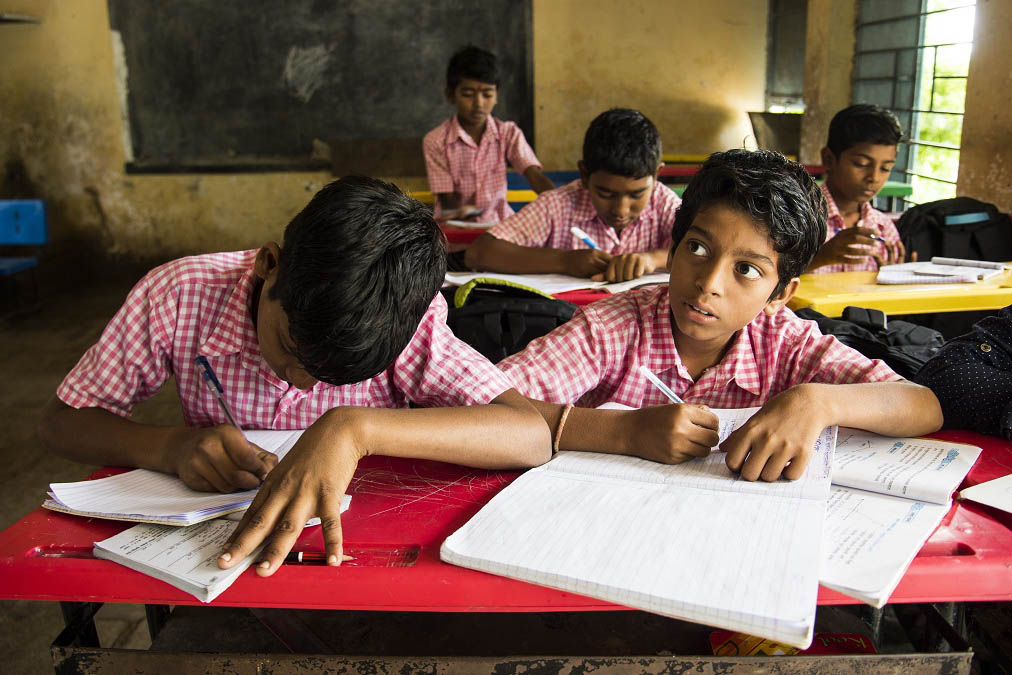UNCTAD’s Digital Economy Report 2024 advocates for a shift to a circular digital economy to mitigate the growing environmental impact of digitalization, emphasizing sustainability and inclusivity.
UNCTAD
The latest UNCTAD Global Trade Update reveals that in the first half of 2024, global trade growth was driven by increased exports from China, India, and the US, while Europe stagnated and Africa declined.
Global foreign direct investment (FDI) faced a 2% decrease in 2023, with a deeper decline exceeding 10% for the second consecutive year, driven by trade tensions and economic slowdowns.
Celebrations of the 60th anniversary of UN Trade and Development (UNCTAD) culminate in the Global Leaders Forum from 12 to 14 June. The event unites world leaders to catalyze new development thinking and actions needed to advance prosperity for all in an increasingly diverse and challenging global economy. For six decades, UN Trade and Development has stood as a staunch advocate for developing countries, providing crucial support through cutting-edge research and analysis, technical cooperation, and consensus-building.
UN has sounded an urgent alarm about the soaring global debt crisis, stressing the critical need for immediate action to alleviate its impact on developing nations and foster progress towards sustainable development goals.
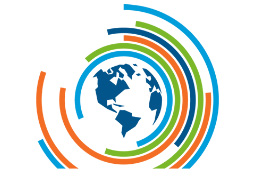
UN Global supply chain forum 2024
The inaugural United Nations Global Supply Chain Forum, hosted by UNCTAD and Barbados convened over 1,000 participants to address escalating disruptions in global supply chains.
The surge in demand for critical energy transition minerals amid the climate emergency underscores the urgent need for sustainable practices and global collaboration to address commodity dependence and achieve net-zero emission targets by 2030.
Despite record levels in 2022, the $4 billion drop in Official Development Assistance for developing countries underscores a critical gap in meeting Sustainable Development Goal 17 targets, particularly affecting the world's least developed nations.
Climate change-induced cocoa price hikes are affecting chocolate lovers globally, highlighting the urgent need for climate action.
UNCTAD's Global Trade Update emphasizes the resilience of international trade amid challenges, projecting growth opportunities and a rebound in 2024, especially in sectors like transportation equipment and electric vehicles.
Remittances, totaling over $830 billion globally, serve as a lifeline for countless families in developing nations, making substantial contributions to poverty alleviation. These funds have a direct and positive impact on household incomes, empowering recipients to fulfill basic necessities like food, shelter, and healthcare. By easing financial burdens and enhancing living standards, remittances play a pivotal role in lifting families out of poverty and building economic resilience within communities. The importance of remittances in developing countries is underscored by UNCTAD's economist Bruno Antunes, as highlighted in the Weekly Tradecast episode.
The United Nations Conference on Trade and Development (UNCTAD) is calling for more awareness raising and regulatory frameworks to ensure AI benefits everyone. While AI holds promise for personalizing products and services and optimizing customer support, there are concerns over fair, responsible and ethical use of AI. Currently, global tech giants control most of the data flows and revenues from digital services, posing a threat to fair competition and aggravating existing technology divides. Public policies need to guide innovation and the design of AI to mitigate human biases and ensure that AI-powered goods and services reach vulnerable populations.
UNCTAD and WHO introduce a novel framework unveiling trends and health implications of processed food trade, crucial for promoting nutritious diets and enhancing food security worldwide.
Mali's pharmaceutical registry digitization effort aims to reduce the approval time for vital medicines and vaccines from 18 to three months, revolutionizing the country's healthcare system.
UNCTAD has called for urgent reforms to the global debt architecture in response to the alarming increase in developing countries' external sovereign debt.





